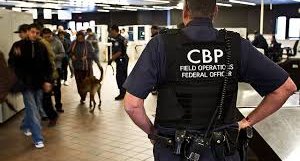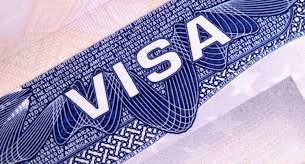New Travel Ban Exempts Iraqis, Permanent Residents, and Other Current Visa Holders. Important Legal Issues Remain.

CBS Miami 03 24 2014
According to the DHS Fact Sheet, Protecting The Nation From Foreign Terrorist Entry To The United States issued March 5, 2017:
The new Executive Order imposes a 90-day suspension of entry to the United States of foreign nationals from Sudan, Syria, Iran, Libya, Somalia, and Yemen who are outside the United States on the effective date of the order, March 16, 2017, do not currently have a valid visa on the effective date of this order, and did not have a valid visa at 5:00 eastern standard time on January 27, 2017, are not eligible to travel to the United States. The 90-day period is to allow a review and establishment of standards to prevent terrorist or criminal infiltration by foreign nationals.
Iraqi citizens are exempted from the new EO, as Iraq is to increase cooperation with the U.S. Government on the vetting of its citizens applying for visas.
In the first 20 days, DHS will perform a global, country-by-country review of the identity and security information that each country provides to the U.S. Government to support U.S. visa and other immigration benefit determinations. Countries will then have 50 days to comply with requests from the U.S. Government to update or improve the information they provide.
The Executive Order does not apply to lawful permanent residents; foreign nationals admitted to the United States after March 16, 2017; individuals with a document that is valid as of March 16, 2017 or after which permits travel to the US; dual nationals when traveling on a passport issued by a non-designated country; foreign nationals traveling on diplomatic, NATO, C-2 for travel to the United Nations, G-1, G-2, G-3, or G-4 visas; and individuals already granted asylum or refugee status in the United States before March 16, 2017.
The EO provides for the exercise of discretion, on a case-by-case basis, to issue visas or allow entry of nationals of these six countries into the United States upon proof that the denial of entry would cause undue hardship, that there is no threat to national security, and that his or her entry would be in the national interest.
The Refugee Admissions Program will be suspended for the next 120 days. Refugee admissions to the United States will not exceed 50,000 for fiscal year 2017. The EO does not apply to those refugees who have already been formally scheduled for transit by the State Department. During this 120-day period, similar to the waiver authority for visas, the Secretary of State and Secretary of Homeland Security may jointly determine to admit individuals to the United States as refugees on a case-by-case basis.

